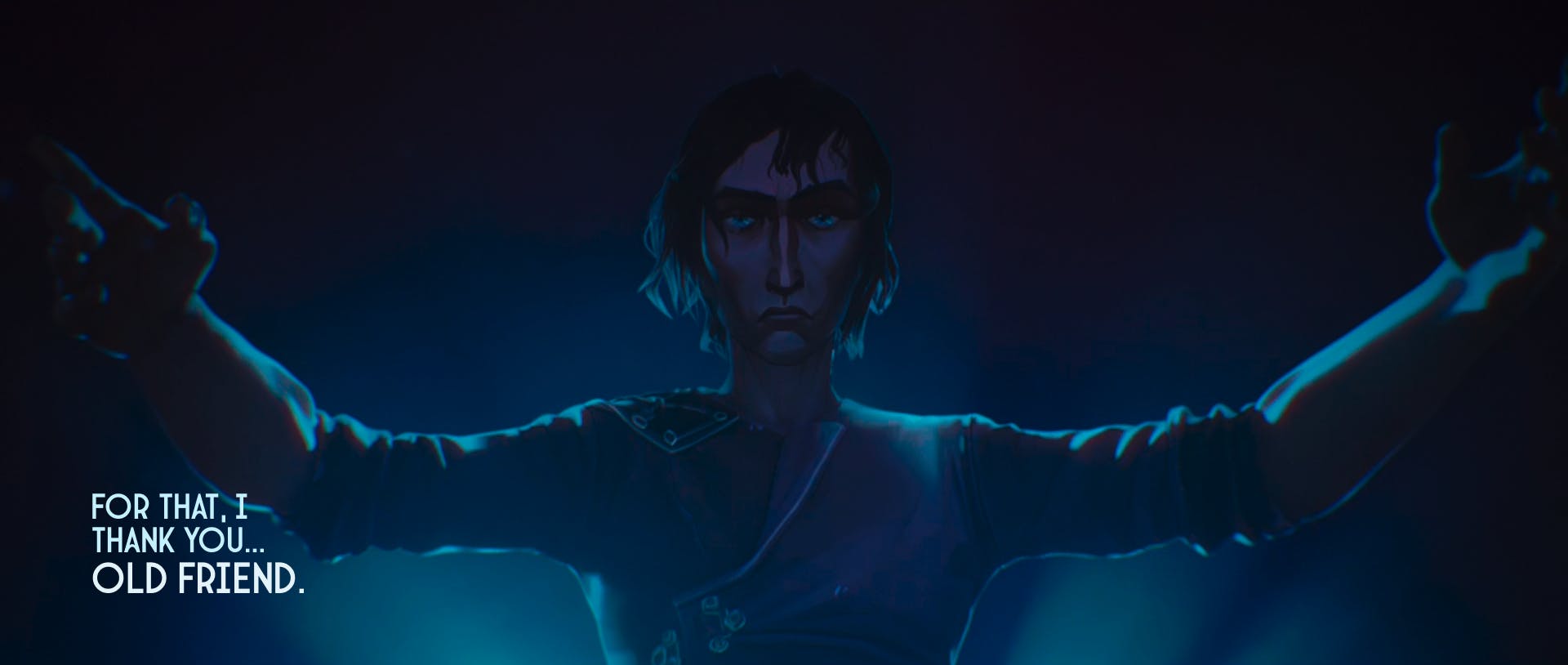Understanding Arcane’s Eye of Zaun
Last edited: August 24, 2023
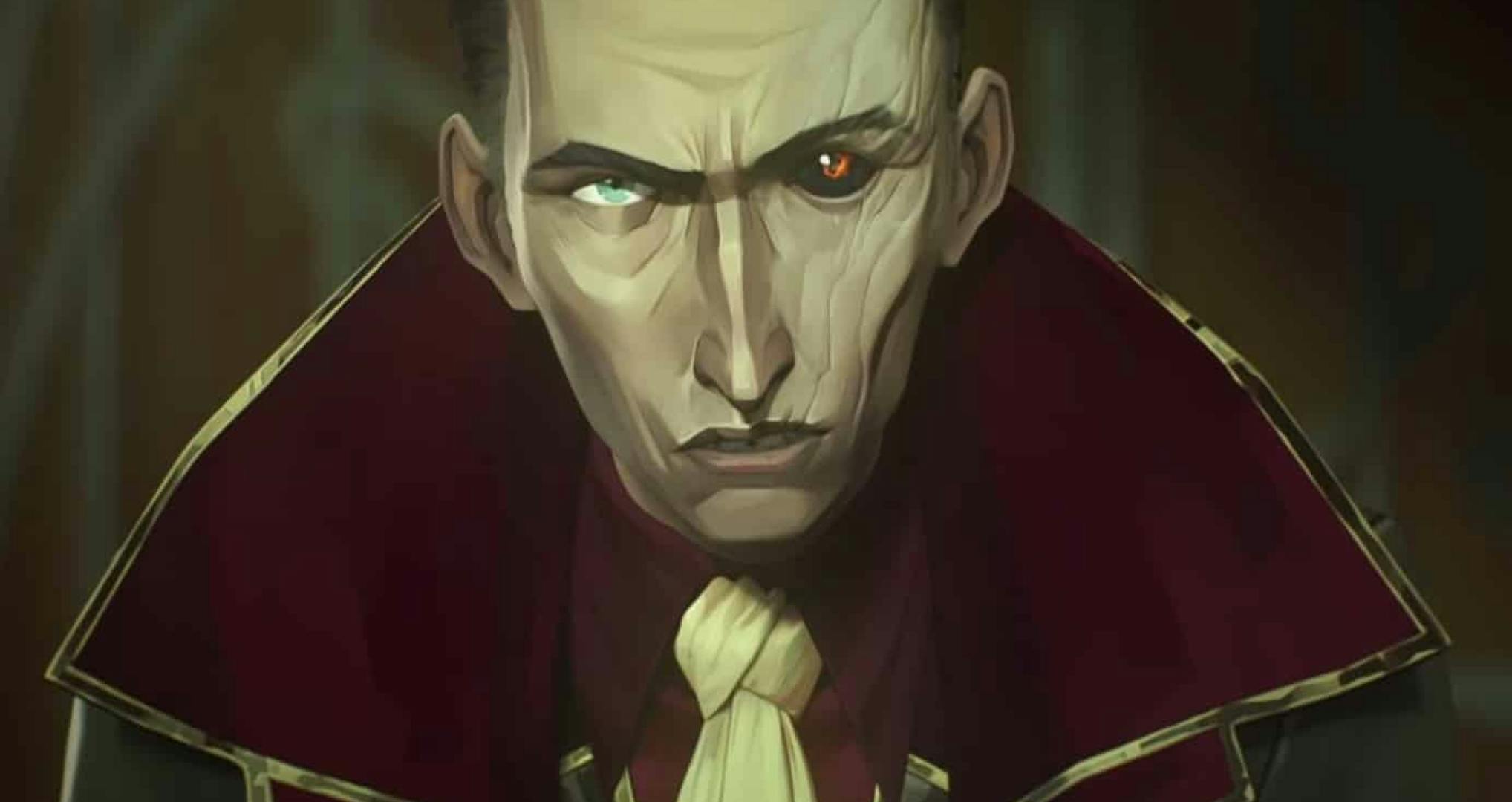
- John Rogers
We have seen this quote by John Rogers used millions of times to define villains and anti-heroes from countless stories across different media, but it suits no other villain better than it does Silco.
Silco is a really unique villain, and if I personally have to define him, I'd call him "the hero of all the anti-heroes and villains". As a character and a person, the creators have left no doubts about Silco being a really bad person - he's the apparent villain of the show. And yet, yet his arc develops like that of a hero.
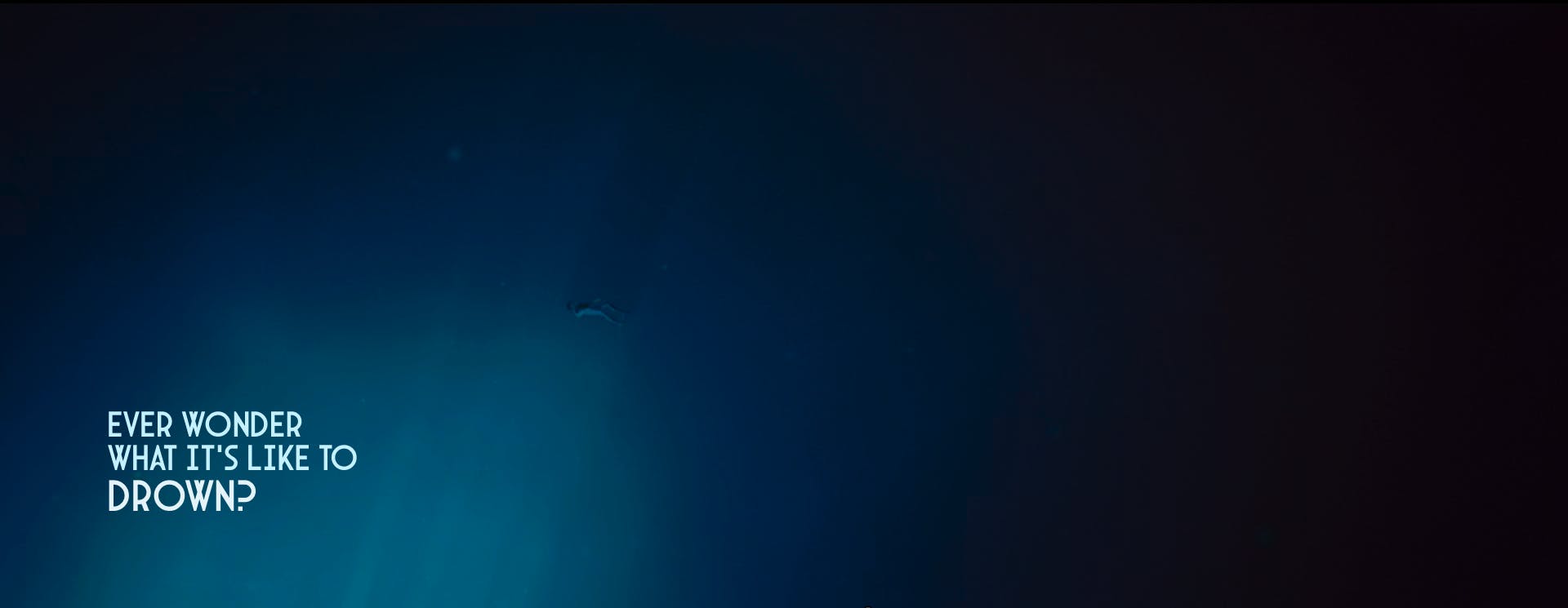
You see, Silco isn't just your hyperbolic, ultra-fanatic villain who'll stop at nothing to achieve his ambition. He's, at the heart of it, the result of a bad, contorted vision - literally and metaphorically.
His vision isn't all about achieving a great end - it’s shaped more by his own experiences than his ideologies. Now, now. We are not saying ideology has no role to play in his character arc - the thing is, some viewers, other show characters and Silco himself think that he's the embodiment of a more significant, if lethal, cause - the nation of Zaun.
If that were the case, he would have neatly fallen into the "fanatic villain archetype" - but he doesn't. Why? Because for one, his very idea of the nation of Zaun is not shaped by a twisted way of thinking but by his own bad experiences - it's something very personal. Consider Thanos for reference - a pure fanatic nihilist, he didn't even spare his daughter to achieve his "greater cause". We all know Jinx was heart and soul for Silco, until his very last breath.
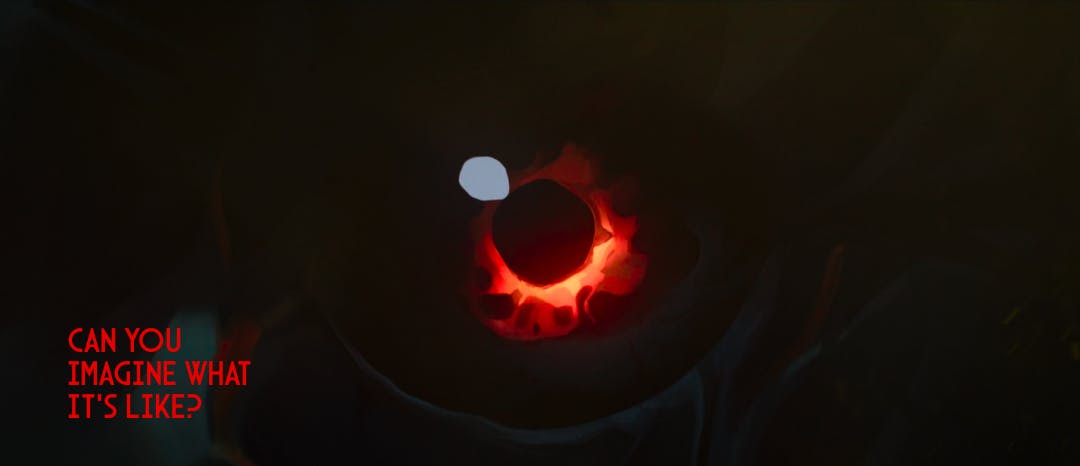
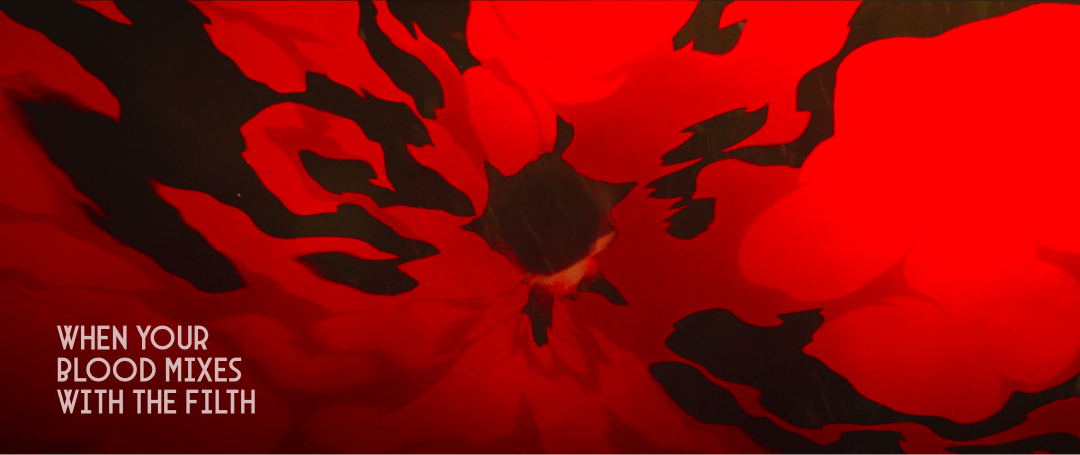
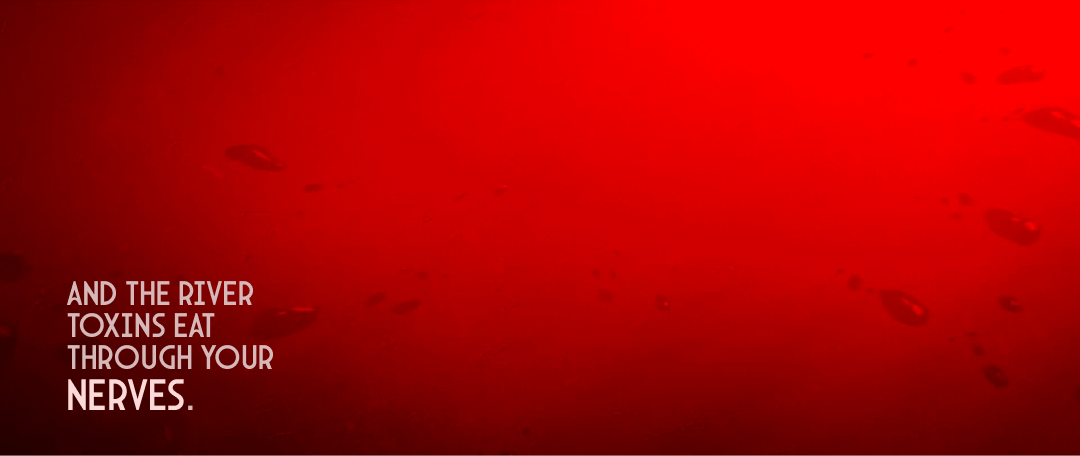
The core of Silco’s character is hidden in his alias - he's the eye of Zaun. The vision of a city corrupted by extreme pollution, lack of opportunities and toxins flying in the open air. The story in Arcane reveals that Silco gained his "new vision" after betrayal (from Vander) and spending hours within the toxic waters of Undercity's polluted river Pilt. From there, he emerged with a new understanding, a new way of life and a contorted sense of independence.
Just take a moment to let that sink in. Now, a lot of things in Arcane are quite symbolic and metaphorical and not just literal - and so is this turning point in Silco's life. He's someone who has embodied the pollutants of betrayal and toxins after being drowned - a beautiful scene that parallels the concept of rebirth for Silco. When he emerges from that water, he does so with a new eye.
Silco is the result of a high-end and successful society's lack of responsibility and care - someone who is discarded, an outcast. He's out there with a polluted vision of how to set things right, but he's just a human who's extremely vulnerable to fallibility.
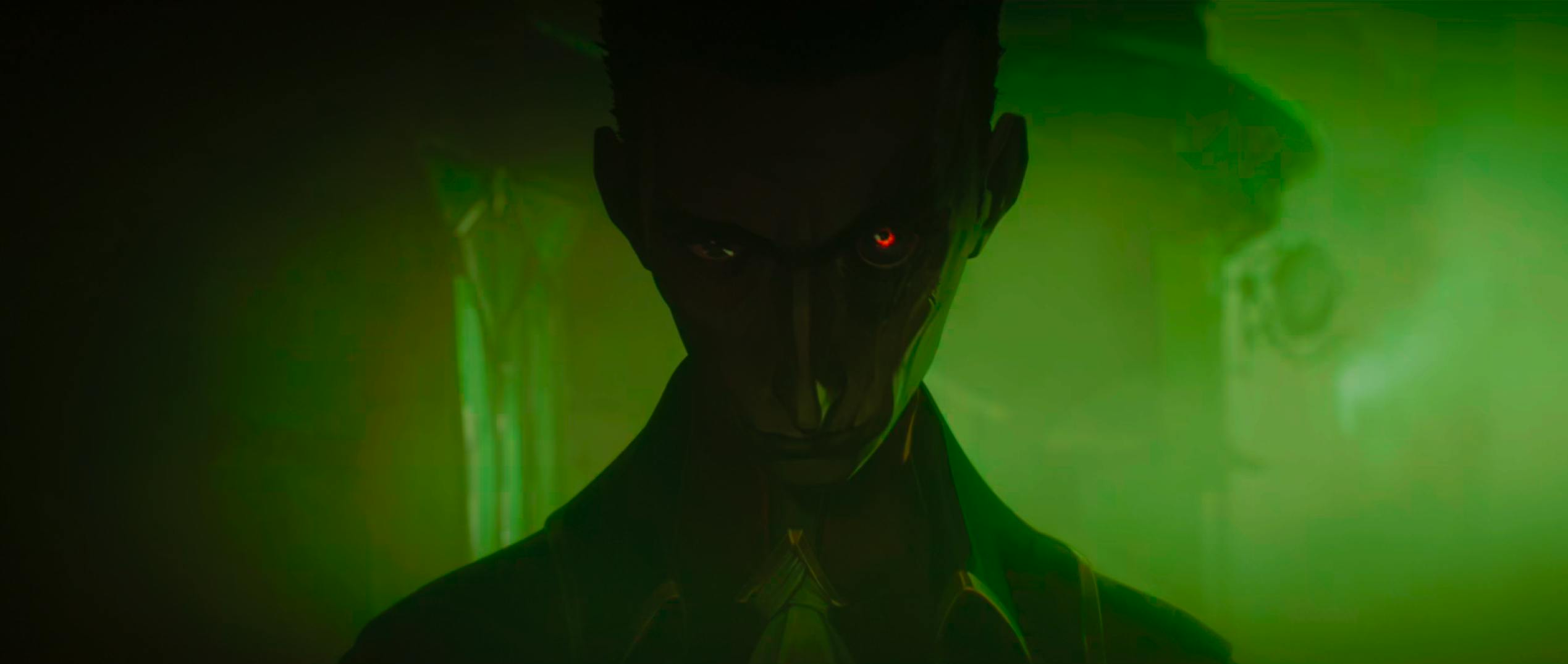
Silco is relatable to most viewers because of his ability to change and admit that he, at some point, was wrong while yet retaining his villainous streak till the very end. What’s more, the parallels between him and Vander make him all the more human, enhancing the impact of his ‘redemption’ at the end of the first season.
Let’s take a look at what makes Silco such an impactful character - how he follows the arc of a hero, but never becomes a hero either.
Villains, more often than not, change for worse and not for better; at one point, their character stops growing and turns rigid, only consumed by their ultimate goal and stopping at nothing to achieve that. Silco’s character defies this stereotype by constantly growing throughout the series little by little.
His and Vander’s ways of achieving their goals are different. Maybe it was that difference that drove him and Vnader apart at the end and provoked Vander to ‘betray’ Silco. This betrayal was the first change in his life, after which, as Vander had pointed out, Silco lost the respect of everyone from the lanes, including Vander’s. So it’s sufficient to say that he was a different man once, who had everyone’s respect.
The next major change in him is seen when he meets the little Powder. He never thought he would assume the role of a father figure for someone. Good or bad, this brought major changes in him as a character. He learns forgiveness and becomes protective of his daughter.
He shows all the weaknesses of a father who falls a little weak in front of the strong industrialist within him - constantly forgiving and protecting Powder for her little ‘accidents’. And at the end, there is a final change in him when he completely discards his idea of the nation of Zaun to protect his daughter.
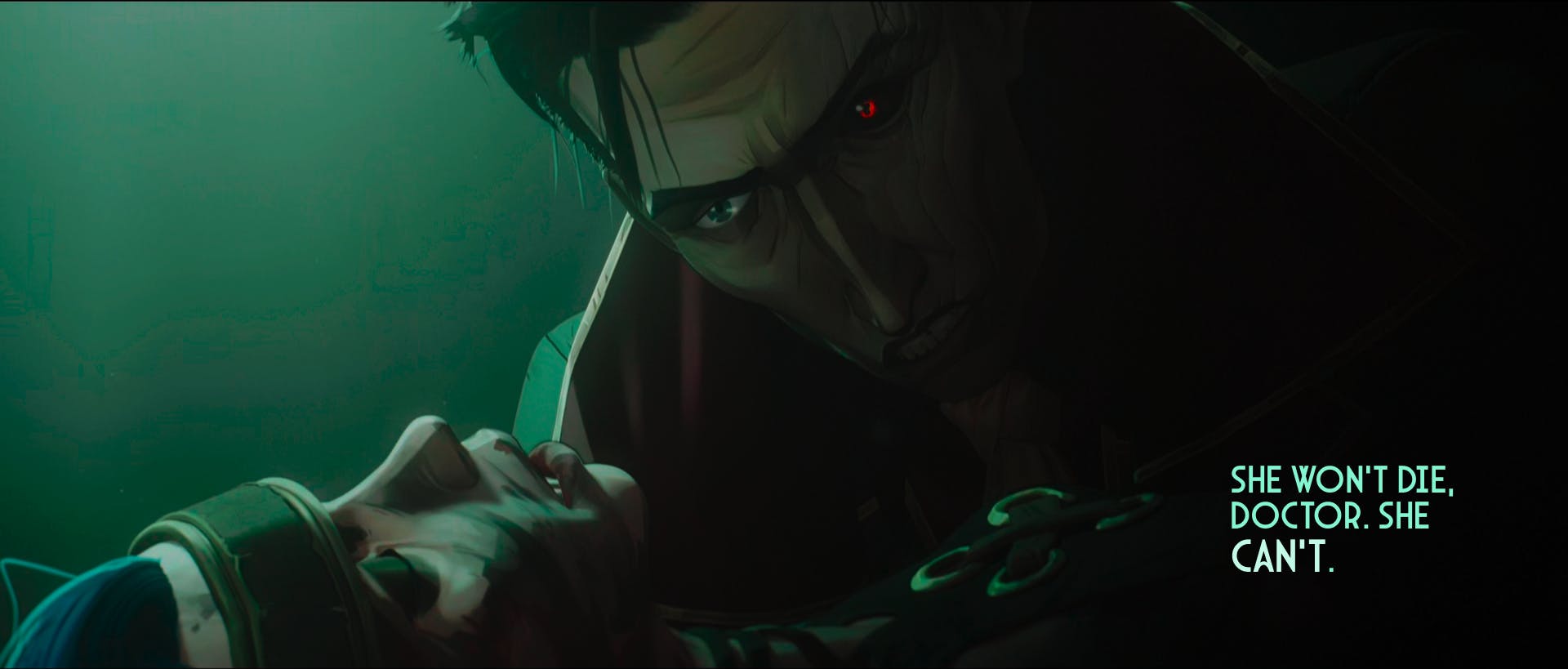
Over the years, Silco grows incredibly attached to Powder. When Powder gets severely hurt in a fight with Ekko, that’s the first time he closely experiences the threat of loss. Perhaps it’s the realisation that Powder could have died that lives within him, and forces him to discard his very vision of Zaun to protect his daughter.
And that was the final chance he had when he was allowed to change - the very last turn in his ingenious arc as a villain redeemed by his love for a daughter. Silco changes throughout the show - a sign of a humanistic vulnerability and most of the time, the arc of a typical hero who changes through realization in different stories.
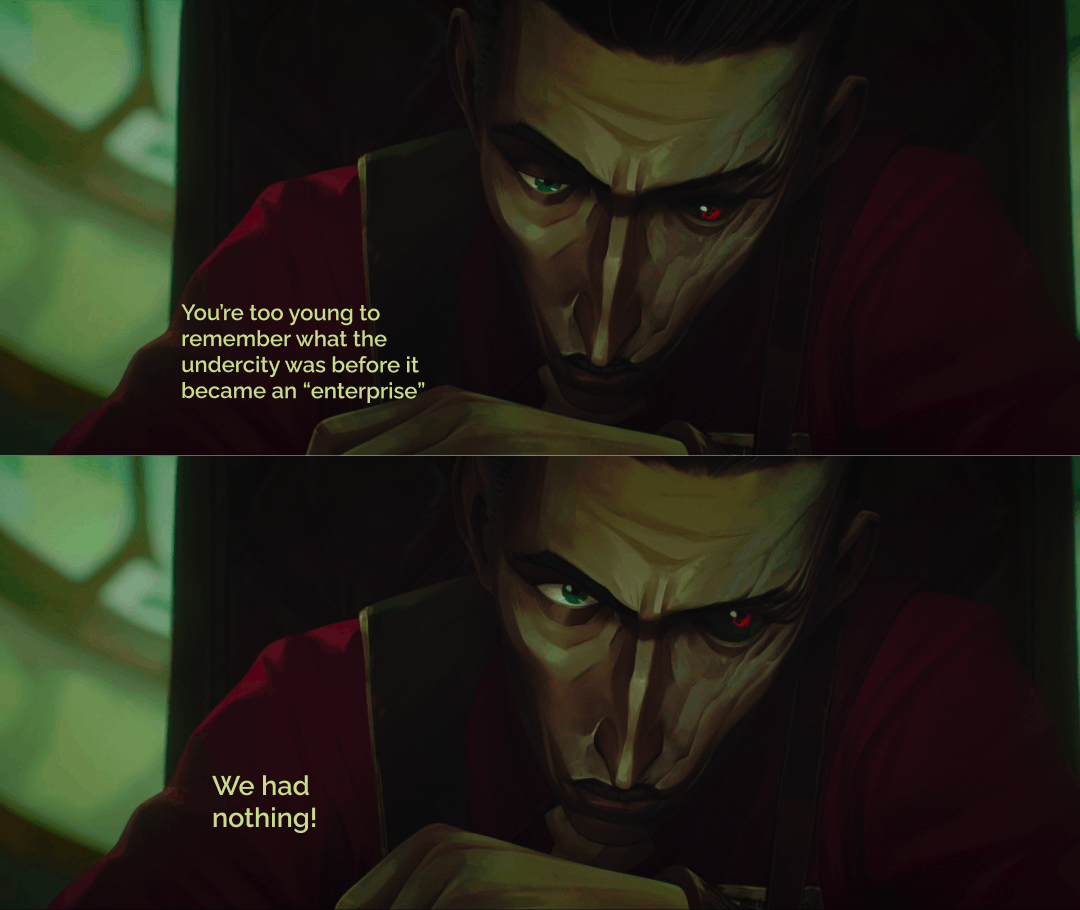
Another pretty amazing trait, that perhaps very few people noticed about his character, is his lack of arrogance - a problem found in many, if not all, villains. Silco isn’t egotistical in any way - he’s ambitious and ruthless, but never quite arrogant.
When you look at his achievements, that man is extremely efficient and resourceful. Despite being ousted from his community, he manages to literally run a business and even finance the twisted research of Singed. What he achieved was quite applaudable yet we never really hear him toot his own horn.
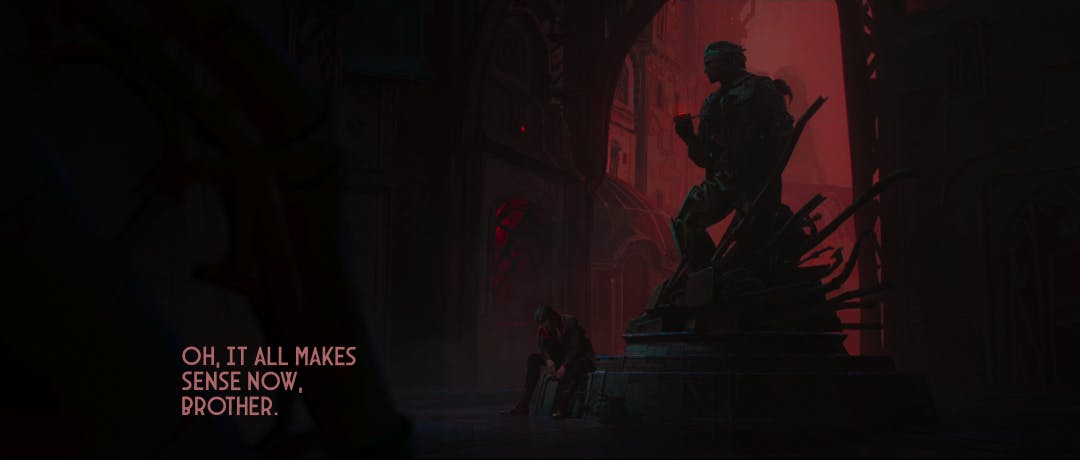
Silco is quite open to admitting his own mistakes, poor judgment, and lack of perspective with regret in the last episode of the first season. We could see him sitting alone in front of what appears to be a statue of Vander and confessing how he now understood Vander and his position as a father.
Silco, when faced with a similar situation as once Vander had, is finally able to understand his old friend's perspective and his "weaknesses" as someone who had to protect a daughter. A person with ego issues would look forward to justifying his decisions and never admit to having lacked a perspective.
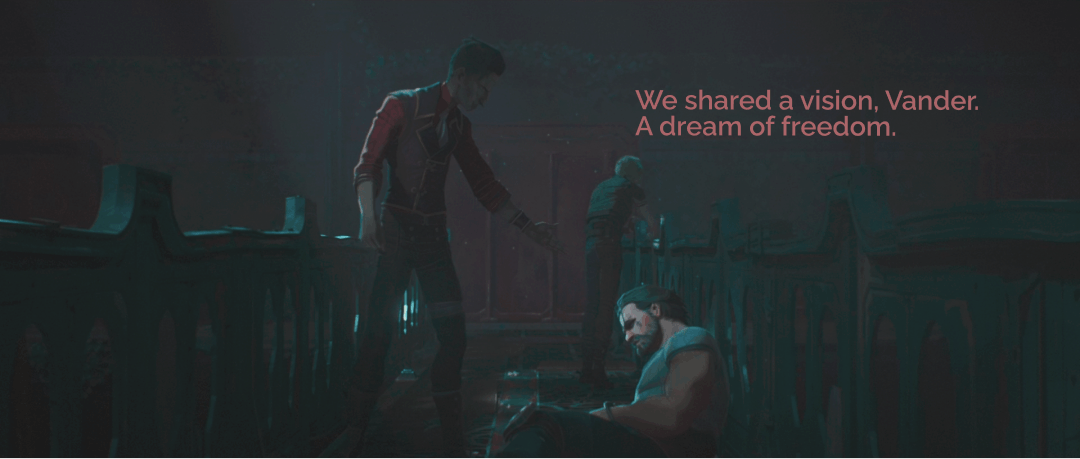
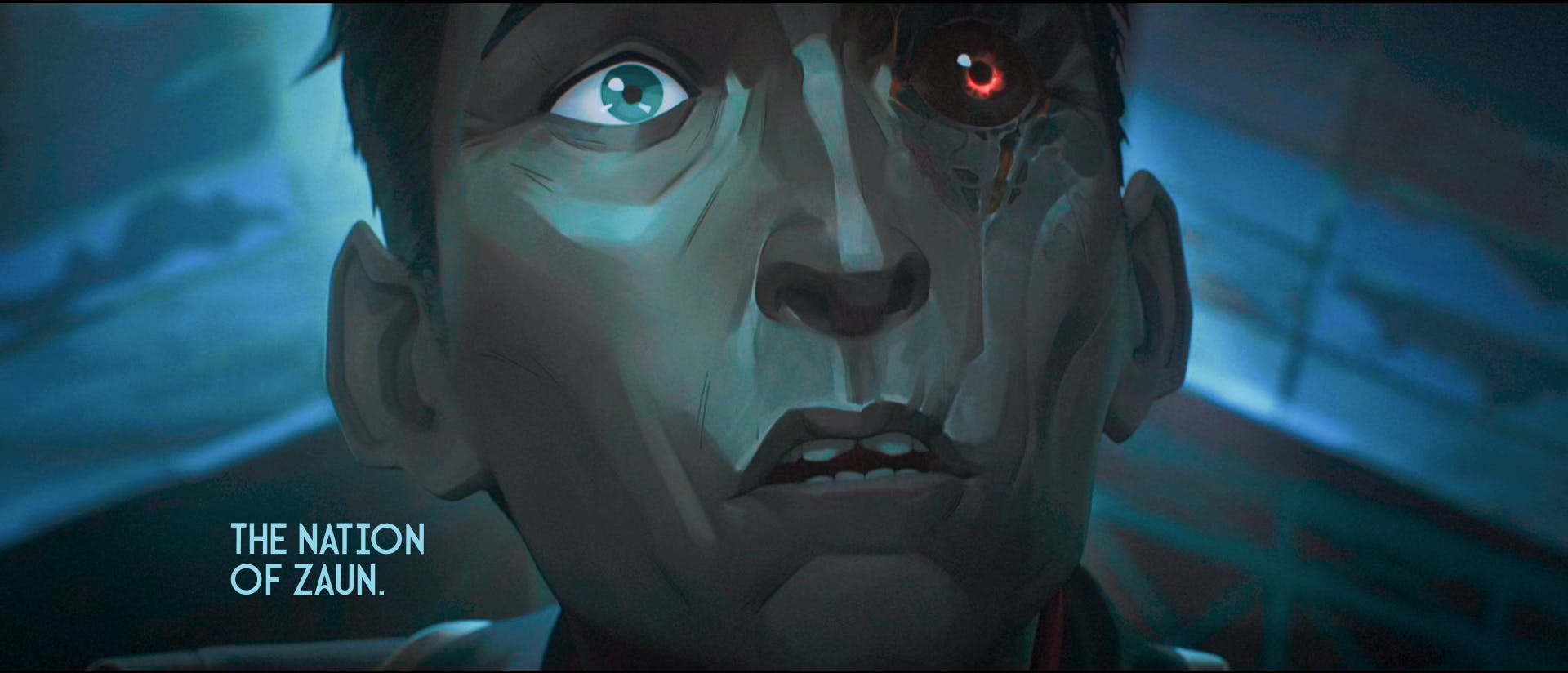
Alright, his ethics are pretty twisted, but they are there all the same. He has a vision of bringing prosperity to the undercity - which he kind of does. We’ll agree these are not the best ways, but the thing is, he doesn’t believe in that.
He has accepted Undercity with its flaws - much like himself and Jinx - and wishes not to make it like any other place but keep it as it is. That’s a very deranged idea of acceptance, but okay. The man’s got ethics, and you can’t deny it.
What’s more, he does everything to fight for these ethics and “preserve” the Undercity. Now we all know it wasn’t exactly the sort of preservation we would want for our own place but he didn’t understand that. For him, progress was independence - no matter how it came.
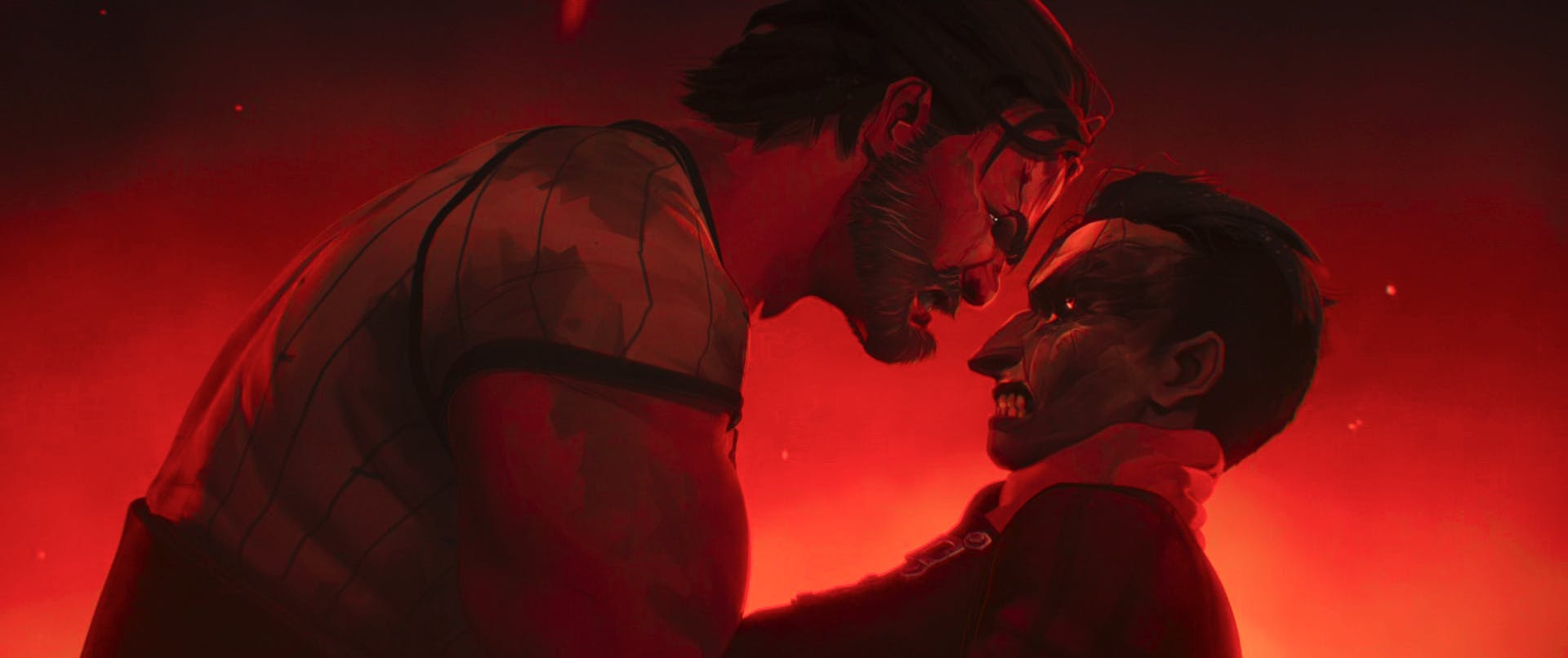
Silco might be ethical and heroic, subjectively speaking, but an objective judgment of morality will never redeem him - not even as a father, unfortunately.
But that’s the thing about Silco’s character - he has been created with a masterful art of subversion and will always stay one of the best villains - and not only in Arcane - to have graced the screens in our times.
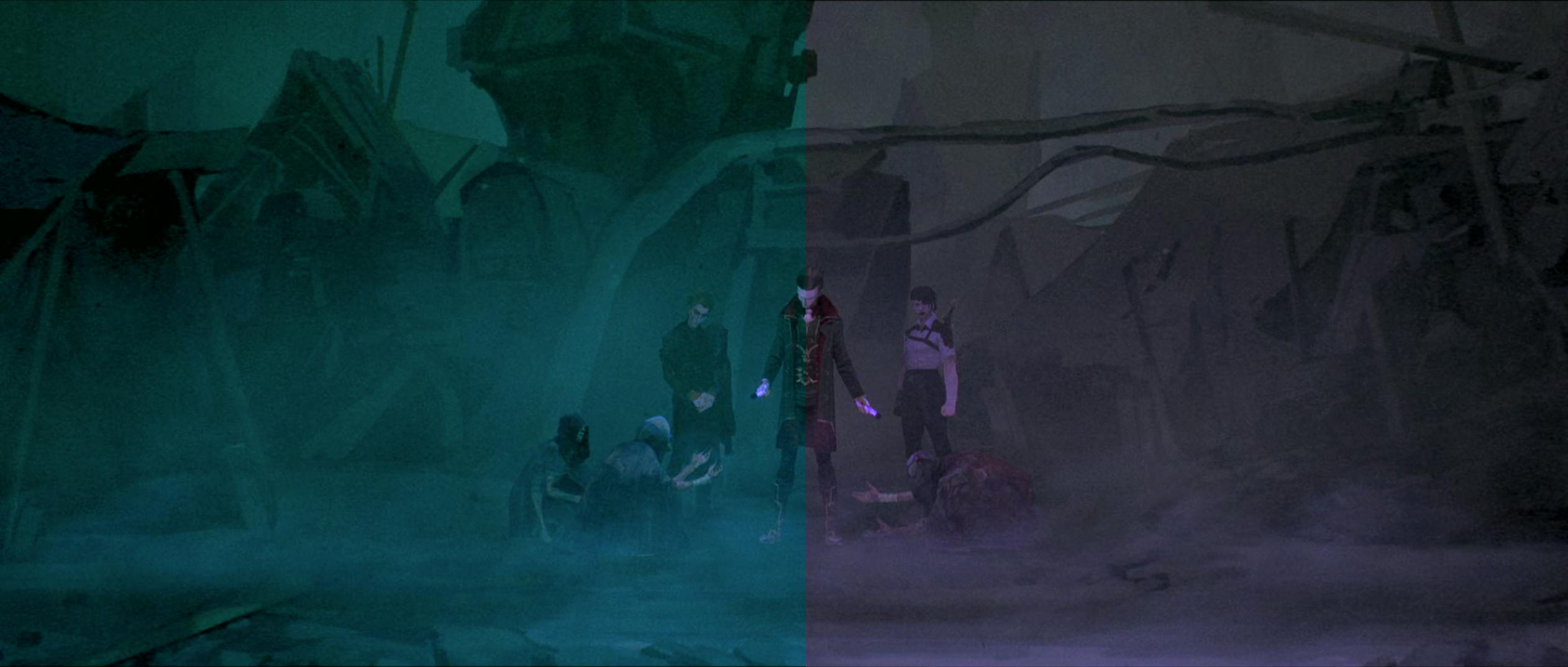
Silco and his bad eye is the representation of Undercity’s pollution and Piltover’s neglect. And can a person with a bad eye have a clear vision? What Silco sees and what actually is out there, are two things. What he thinks he's doing and what he actually does are also terrifyingly different.
Silco has a vision of a free and perfect Zaun - a nation where all its inhabitants are independent of the topsiders and making a life of their own. But the question is - what does he create? A place diseased with drug (shimmer) addiction.
Most of the things about Silco in Arcane are running with a duality - a scary difference between what he thinks he is doing and what he really is doing. His goals and vision stand there in stark contrast with his ways and reality.
Let's explore the duality in Silco's character and how, without even realizing it, he contradicts his own vision - in thought, act, and metaphor.
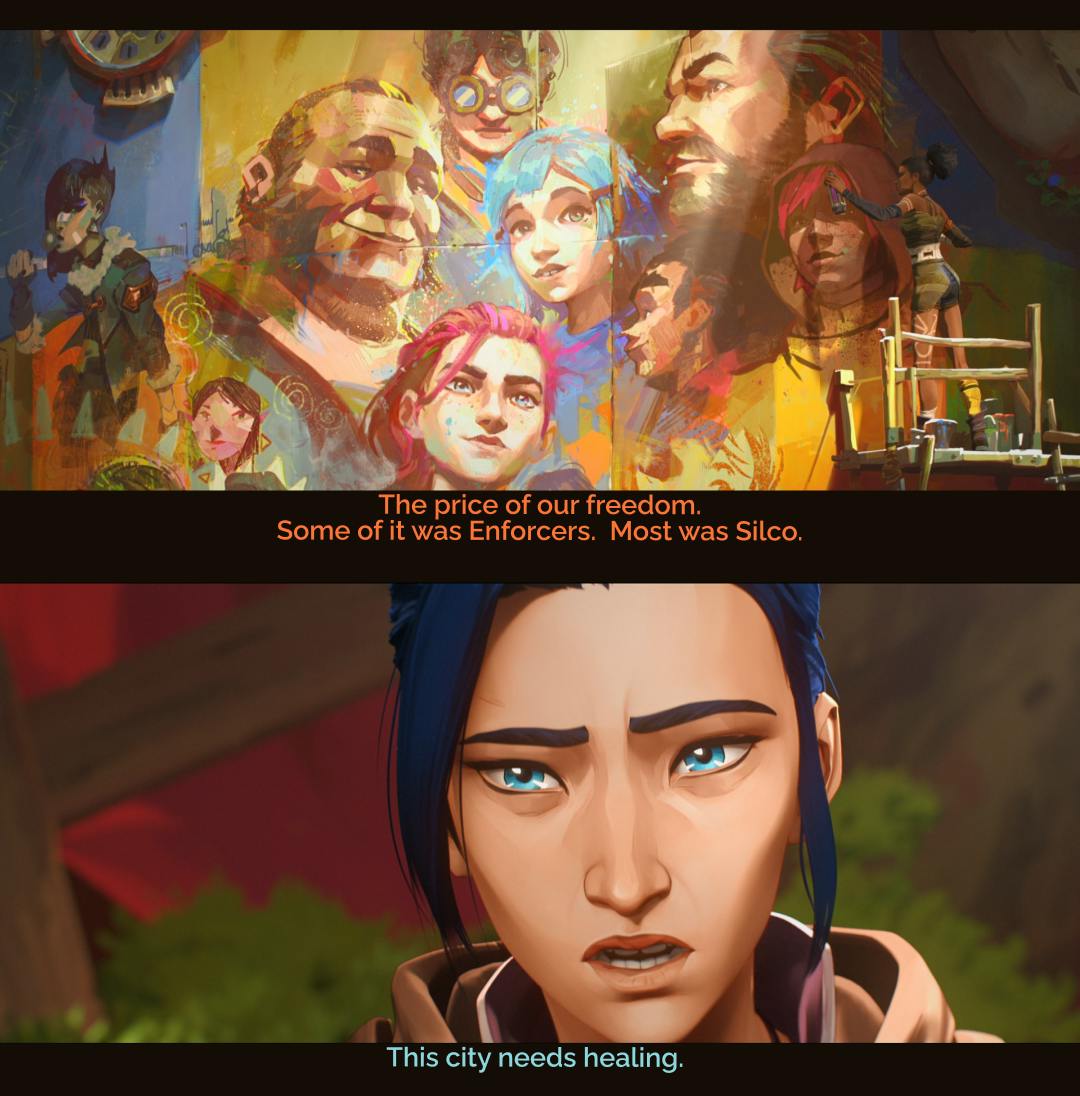
Silco believes the sons and daughters of Zaun deserve a lot more than Piltover's run-offs. That sounds like wanting a healthy community of people who are self-dependent and thriving. That's his vision - Silco doesn't want Zaun to depend on Piltover to achieve abundance.
But despite being highly intelligent, he is unable to see an important fact - Zaun needs to heal (in many ways) before it can thrive. The place doesn't even have doctors! Oh, but it does have Singed - who creates the addictive Shimmer that momentarily heals you, brings you strength, and then royally messes you up.
After healing comes globalization, education, healthcare, and acceptance. To be honest, the only things thriving under Silco's rule are his shimmer factory and his henchmen. Definitely not its citizens. If it weren’t for Ekko, most of the Undercity would have already been lost.
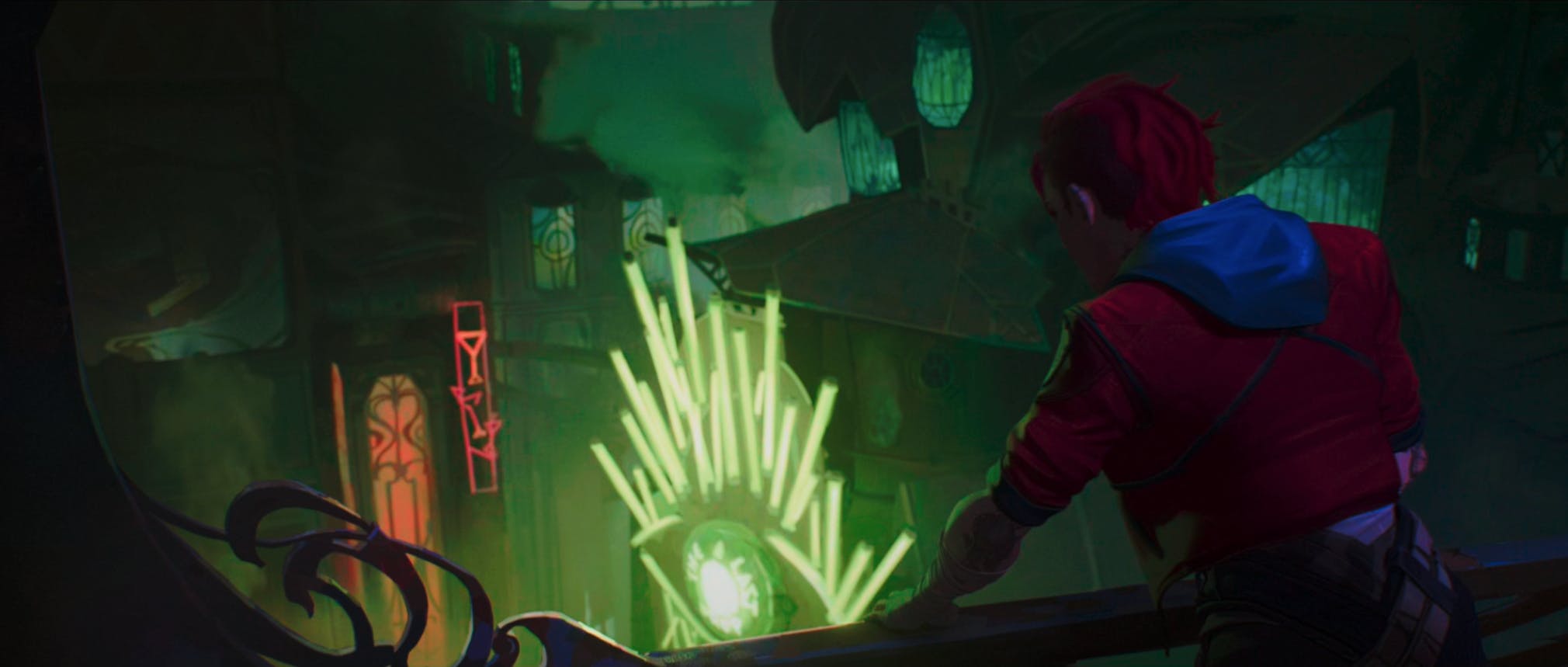
There can hardly be anything as symbolic in the entire show as Silco taking over the Last Drop. After blaming Vander for having an alliance with an enforcer, he is himself in Vander's place now, quite literally -
● He is running everything from the Last Drop (symbolism at its best)
● He has an alliance with enforcers - Marcus
● He protects Jinx from criticism of his subordinate Sevika (as Vander has once done for Vi)
● He too is now "weak" in the face of his love for his daughter
So we got all that covered - he is already doing everything in action that he himself had resented Vander for and unfortunately, he's not doing it half as good as Vander did, objectively speaking.
The difference between the ways of Vander and Silco stares us all in the face. Vander's ways were driven by empathy, understanding, and peace - Silco's ways are ruthless, cruel, predatory, and revengeful.
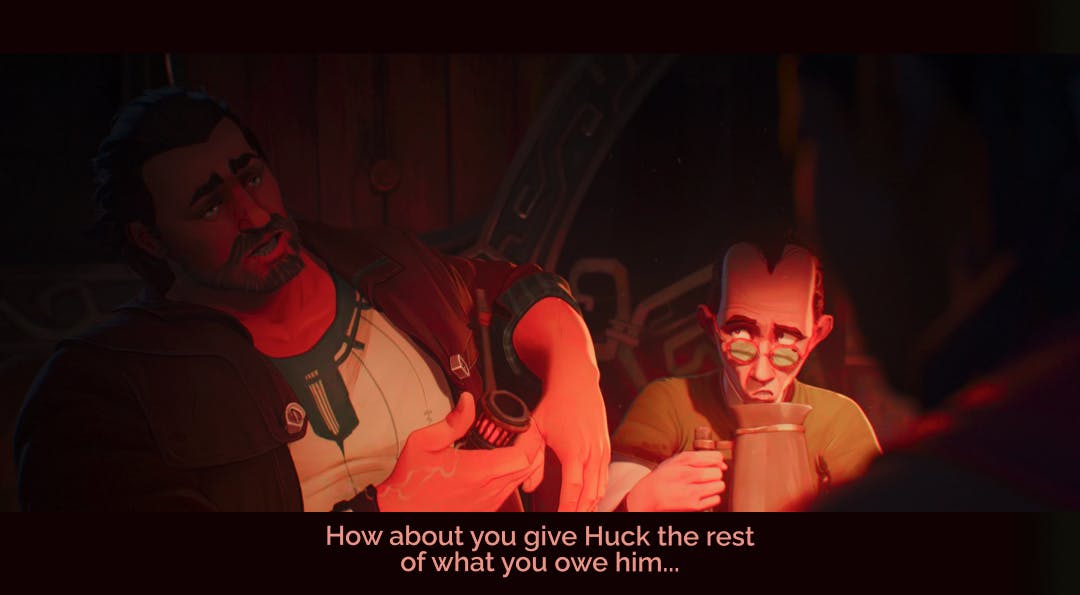
Painting this major duality in his position and Vander's is crucial to understanding that Silco is painfully limited. He believes he will be able to achieve more than Vander could only if he never lets go of his revengeful hatred against topsiders - a belief he will die with.
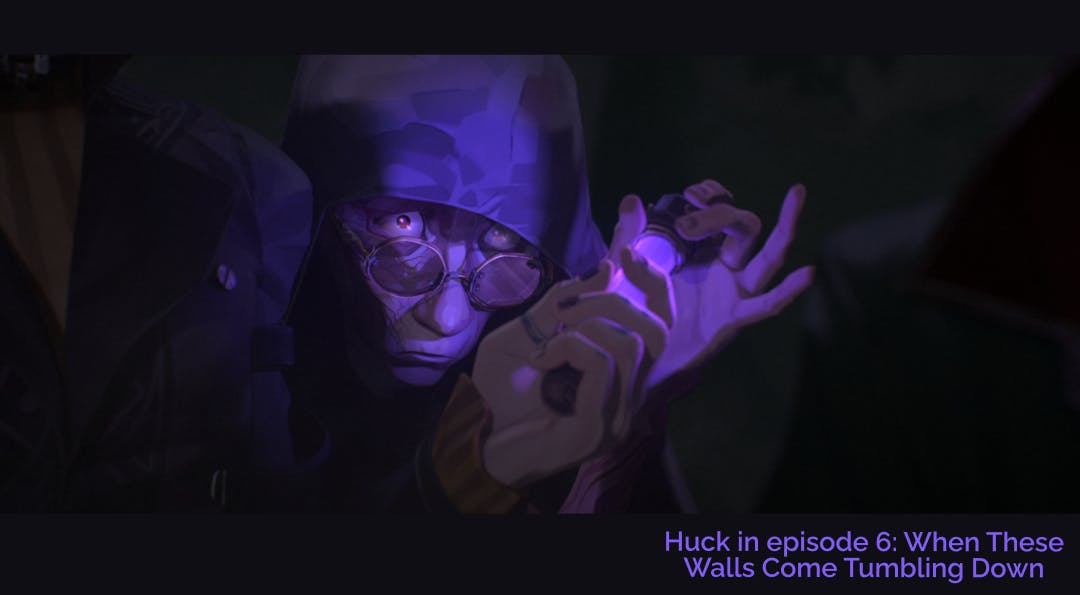
And that's where he is wrong - drinking toxins only brings diseases, but Silco believes it's power. So he uses revenge and hatred to do what Vander did with peace and understanding - and where he could have brought in prosperity and freedom, he ends up making everyone in the undercity a slave to addiction.
Silco might suck at being a good leader to the citizens of the Undercity but he can hardly be beaten at one thing - running an enterprise. In fact, that’s who Silco is at his very core - he’s an excellent industrialist with a knack for achieving his goals, by hook or by crook.
When you look at Silco, everything he does, the way he goes about his goals, how he even manages people - it’s all the way of an industrialist who would do anything to bring the “profit” to his enterprise. In this case, Silco’s enterprise was the nation of Zaun, of course, along with shimmer.
If you hand over a nation to an Industrialist, what would happen? Suffice it to say it might be hard to make that country great again. But Silco didn’t have bad intentions. He wanted to create a nation of prosperity - independent, thriving, respected - but he didn’t know any other way of going about it because he is not a leader at his heart. He’s an industrialist.
At the crux of it, that’s who Silco is, an industrialist caught in the wrong role and thereby harming everything.
